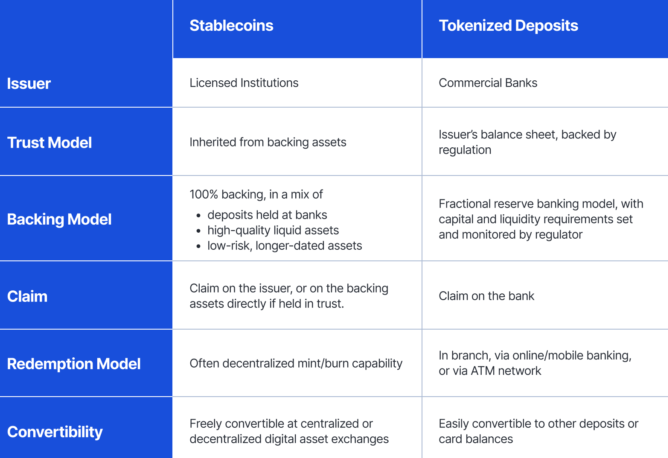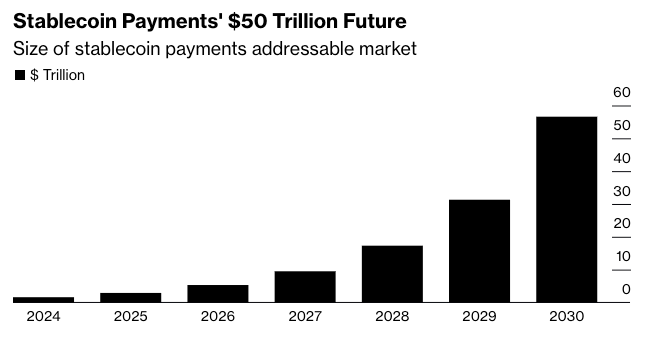
HSBC Doubles Down on Tokenization, Expanding Deposit Service
Global banking giant HSBC is making a significant stride in the rapidly evolving world of digital finance. The bank is expanding its tokenized deposit service (TDS) to the United States and the United Arab Emirates in the first half of 2026. This move solidifies HSBC‘s strategic focus on tokenization, setting it apart in a market where stablecoins have often stolen the spotlight. The announcement, coming from a recent Bloomberg report, underscores HSBC‘s commitment to building out its digital asset capabilities, targeting corporate clients with its innovative solution.

Tokenized Deposits vs. Stablecoins: A Key Distinction
The core of HSBC‘s strategy lies in tokenized deposits. These differ significantly from stablecoins, although both aim to streamline financial transactions using blockchain technology. Tokenized deposits represent traditional bank deposits, issued directly by regulated banks, and are recorded on a blockchain. This allows for instant, 24/7 transfers and enables programmable payments, a key advantage. In contrast, stablecoins are often pegged to fiat currencies, and their backing mechanisms can vary. Stablecoin issuers, unlike banks issuing tokenized deposits, may not offer interest yields on stablecoin holdings.
The Advantages of HSBC‘s Tokenized Deposit Service
HSBC‘s TDS offers compelling benefits. It enables nearly instantaneous domestic and international money transfers, a stark contrast to traditional banking systems that may involve delays. Moreover, the service is designed for programmable payments, opening doors for advanced financial applications. HSBC plans to enhance the utility of its tokenized deposits, exploring their role in autonomous treasuries. This encompasses systems leveraging automation and AI to proactively manage cash flow and liquidity risk. According to Manish Kohli, HSBC’s global head of payments solutions, “The topic of tokenization, stablecoins, digital money and digital currencies has obviously gathered so much momentum. We are making big bets in this space.”
The Competitive Landscape: Banks Embrace Tokenization
HSBC‘s expansion comes as other major players in traditional finance also explore tokenization. JPMorgan, for example, has already deployed its JPM Coin, a deposit token representing US dollar deposits. This indicates a broader trend of banks leveraging blockchain technology to modernize their services and enhance efficiency. The growth of tokenized deposits suggests a shift in how financial institutions view the future of digital assets.

HSBC‘s strategy suggests a calculated approach that emphasizes regulatory compliance and leverages the proven framework of traditional banking, all while keeping a watchful eye on emergent digital asset innovations.


